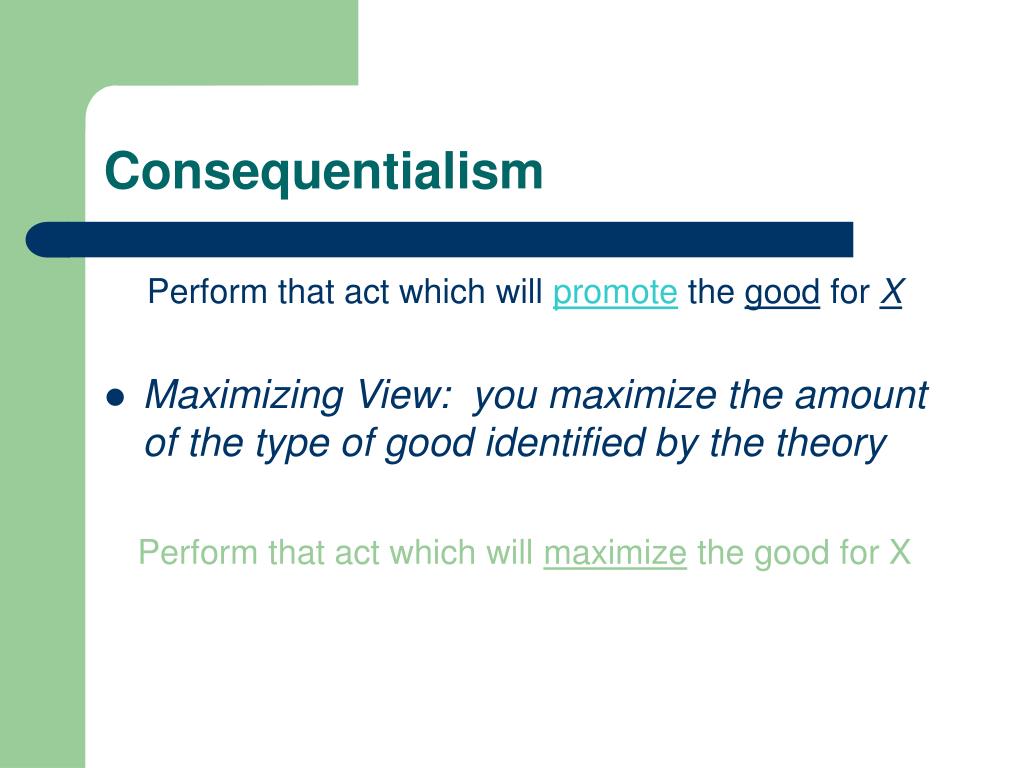
Put differently, when the punished partners would only find out about their final payoff without any information about how it came about (i.e., if punishment was “hidden”), participants punished less. In research on “hidden” versus “open” punishment, Crockett and colleagues (2014) found that participants are more likely to punish and punish more harshly if their punished partners find out that their final payoff was the result of a punitive reduction (i.e., if punishment was “open”). Previous research using one-shot economic games suggests that punishers adjust their punishment behavior depending on the consequences that punishment may have. Specifically, we investigate if the outlook to receive information about the effects of punishment on the transgressor affects people’s actual punishment decisions, which would challenge the Intuitive Retributivism Hypothesis.

We test whether people’s actual punishment behavior – instead of their hedonic reactions related to punishment – shows a similar pattern. Their findings on people’s hedonic reactions after punishment challenge the Intuitive Retributivism Hypothesis: If people punish for retributive reasons, punishment should be equally satisfying, regardless of its consequences on the transgressor. Specifically, we relate our study to Funk and colleagues (2014, Study 1), where participants report being more satisfied if punishment is followed by feedback from the transgressor compared to when punishment lacks any kind of feedback.

The current study conceptually replicates research on how consequentialist – as opposed to mere retributivist – motives affect punishment-related outcomes. In particular, we challenge this hypothesis by examining whether the outlook to receive information about the effects that punishment has on the transgressor may influence people’s punitive behavior in a one-shot public goods game. Here, we critically examine the Intuitive Retributivism Hypothesis by investigating punishment behavior in a single-round interaction. In these settings, punishment is thought to be motivated by retribution and a desire for equality ( Bone & Raihani, 2015 Mischkowski et al., 2018). Traditionally, the presence of punishment in single-round (i.e., one-shot) interactions has been interpreted as evidence for retributive motives that contradict consequentialist accounts of punishment, as there are no future interactions to deter or educate the offender for. As insufficient cooperation behavior in social dilemmas is often punished (e.g., Fehr & Gächter, 2002), such economic games (e.g., a public goods game, see Ledyard, 1995) can be used to investigate how retribution (i.e., an act of revenge to retaliate free-riding) and consequentialist motives (i.e., re-educating offenders or deterring offenders from further free-riding) contribute to punishment.

Social dilemmas are defined as situations in which the individual interest conflicts with the collective interest, for instance, when it comes to providing and maintaining public goods ( Dawes, 1980 van Lange et al., 2013). The question of whether punishment is conducted out of retributive or consequentialist motives represents an ongoing debate and has also been investigated in the context of social dilemmas and economic games.


 0 kommentar(er)
0 kommentar(er)
